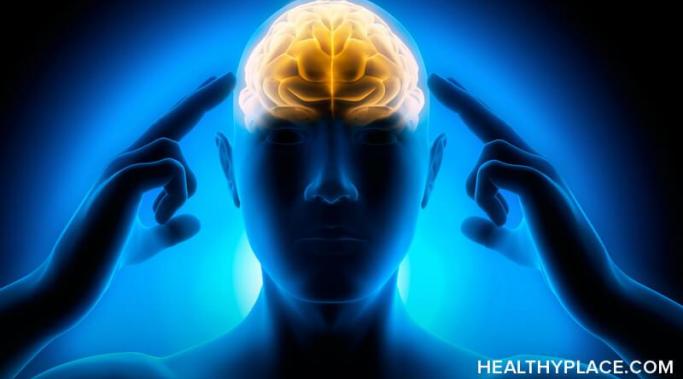One way to improve your emotional health is to learn how to stay in your window of tolerance. Imagine your mind like a picture window where the view outside represents all the emotions and situations you can handle skillfully. If you have a large picture window in your mind, there is a wide range of stressors you can effectively manage. If your window is very small, it's pretty easy to fall into overwhelm or complete shutdown. This is why understanding and expanding your window of tolerance can significantly improve your emotional health.
Mind
Beginning a mindfulness practice doesn't have to be difficult. We often hear mindfulness and meditation used together, but they are not the same thing. Meditation is one form of mindfulness, but there are many others. Mindfulness practice helps us regulate our emotions, make wise decisions, and promote good mental and physical health. Let's explore all the reasons you should begin a mindfulness practice.
You've probably noticed that you feel good when you are kind to others, but did you know that regular acts of kindness change your brain over time? There is a lot of fascinating research out there on the health benefits of kindness. Let's explore how kindness changes the brain, so we can all be kinder, healthier, and happier.
The idea of taking a mental health day off can feel wrong even though taking a sick day from work for a physical ailment seems like no big deal. While sick days don’t exist in the work culture of many countries, countries and workplaces that do have sick days available intend those days off for health and wellbeing.
Can we rewire our brains to think more positively and reduce self-criticism? There is fascinating research out there that says yes. You may have heard of neuroplasticity, which is the brain's amazing ability to create new neural connections that change the way it functions. For those who struggle with anxiety, depression, or low self-worth, we can harness the power of neuroplasticity to rewire our brain.
Are you new to meditation? If so, perhaps you’re looking for meditation tips because you can’t find a good jumping-off point. As meditation’s slowly lost the stigma as an "out-there" practice for hippies and religious devotees, meditation's benefits have been studied and touted as important for mental health self-care. Perhaps you’ve become aware of these benefits of meditation, but feel frustrated after trying it a few times. These three meditation tips will help get you off to a great start.
Eye movement desensitization and reprocessing (EMDR) is a therapy technique initially developed to treat trauma. There's been a lot of research conducted on this treatment modality over the last several decades. In addition to effectively resolving traumatic experiences, eye movement desensitization and reprocessing has shown to be useful in helping people overcome addictions, change negative core beliefs, and reduce emotional distress. But what exactly is EMDR?
Long before modern-day medicine existed, Eastern approaches to health and wellness recognized the power of the mind/body connection. Meditation, acupuncture, and self-compassion were a regular part of caring for the mind and body. Today, both medical and mental health professionals understand more about the scientific connection between our physical and mental wellbeing. Recently, I've been doing some research on the power of the mind/body connection and was surprised to learn how deeply rooted they are with one another.
Is one of your goals for 2019 to overcome fear? Everyone experiences fear and anxiety at times, but these emotions can create significant distress. Often, people allow their fear to stop them from doing things that are important to them. We must reconcile our relationship with fear, so it doesn't keep us from living the life we desire. That's why I use one simple skill to help me overcome fear.
We've all heard that meditation can reduce stress, improve our emotional wellbeing, and help us increase self-awareness. As a person who struggles with anxiety, I found meditation difficult in the beginning. I wanted to relax, but my mind continually wandered to all the things I needed to do. My body was fidgety, and I worried I was doing it wrong. I brought my concerns to my meditation teacher who helped me see you don't have to meditate perfectly to reap the many benefits of meditation.









